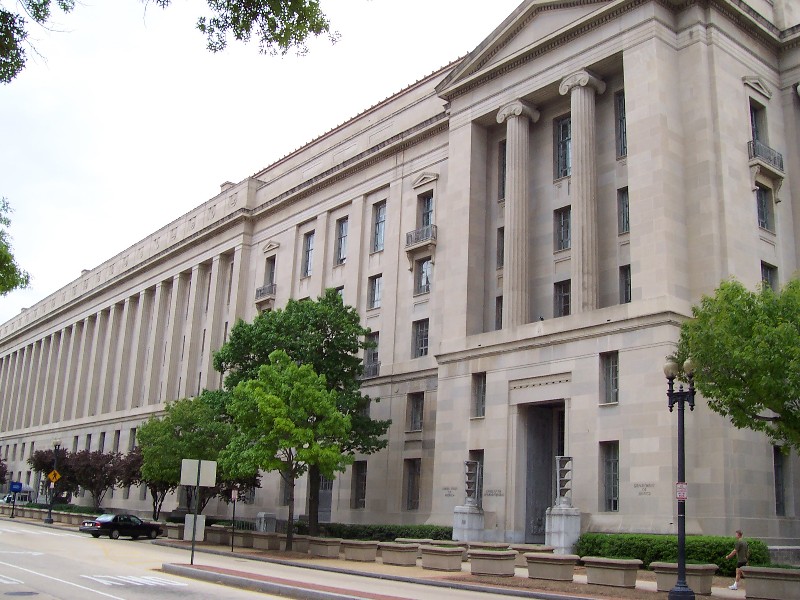Activists sue the DOJ and FBI to protect anonymous donations under the First Amendment

Giving an anonymous donation to a legal defense fund should not result in the FBI having your information, but that’s exactly what happened to hundreds of donors to a foundation called Free Barrett Brown. US journalist Barrett Brown was previously sentenced in 2015 to 63 months in jail and almost $900,000 in fines at the end of the FBI investigation into the 2012 email hack of global intelligence company Stratfor. He was officially charged with accessory after the fact, obstruction of justice, and threatening a federal agent. As of late November 2016 he is out of prison; however, him and his supporters are now in the midst of a new legal battle to bring financial privacy, and thus the beginnings of legal anonymous money, under constitutional protection. The FBI violated the First Amendment when seeking records on the anonymous donations to Free Barrett Brown, which is no surprise given their track record with the Fourth Amendment.
Over the last few years, many people around the world have donated to Free Barrett Brown, an organization that was set up to help Barrett Brown with legal defense costs. It turns out, the FBI subpoenaed one of Free Barrett Brown’s payment processors, WePay, for all available information on every donor… and WePay complied. It’s important to note that the subpoena was issued without any sort of search warrant, and the affected donors were not notified by WePay. Kevin Gallagher, the former director of Free Barrett Brown, stated:
“Learning that these records were sought and obtained was highly unsettling, and I felt that I had to do something about it. If we don’t send a message to the government that it’s not okay to target private legal defense efforts, then they will continue to get away with these sort of things.”
Donors to the Free Barrett Brown Foundation are now suing the Department of Justice and the Federal Bureau of Investigation for violating their financial privacy. The lawsuit argues that the FBI broke the First Amendment, the California Constitutional Right to Privacy, and the Stored Communications Act by unconstitutionally compelling companies to give up private financial information.
This court case will set a much needed precedent for anonymous donations, financial privacy in America
What the FBI’s actions reveal, and only because they were caught, is that many companies are not interested in protecting your constitutional rights. Under a regime where private information on your monetary transactions, even donations, are subject to search and seizure, there is no such thing as protected anonymous payments or even any semblance of anonymous money.
Under the first amendment where payments, transactions whether donations or for goods or services, are considered freedom of association, anybody’s donation to any organization could be protected under new case law.
As an example, if i make a donation through PayPal, given the past actions of the US government, I cannot know that PayPal will keep that donation safe. But if this case is successful, PayPal will have to think twice about giving up that information without due process, even if they have it securely stored because of other legal MSB requirements.
In the meantime, if you’re interested in donating to Free Barrett Brown or any other movement before the issue of anonymous fiat donations are settled, you should use a cryptocurrency. The Free Barrett Brown foundation does currently accept Bitcoin donations. As for what Barrett Brown himself is doing now, according to Wired, he’s out of jail and working on activating a new online activist platform called Pursuant.
To see the filing against the Department of Justice and the FBI, click here.
